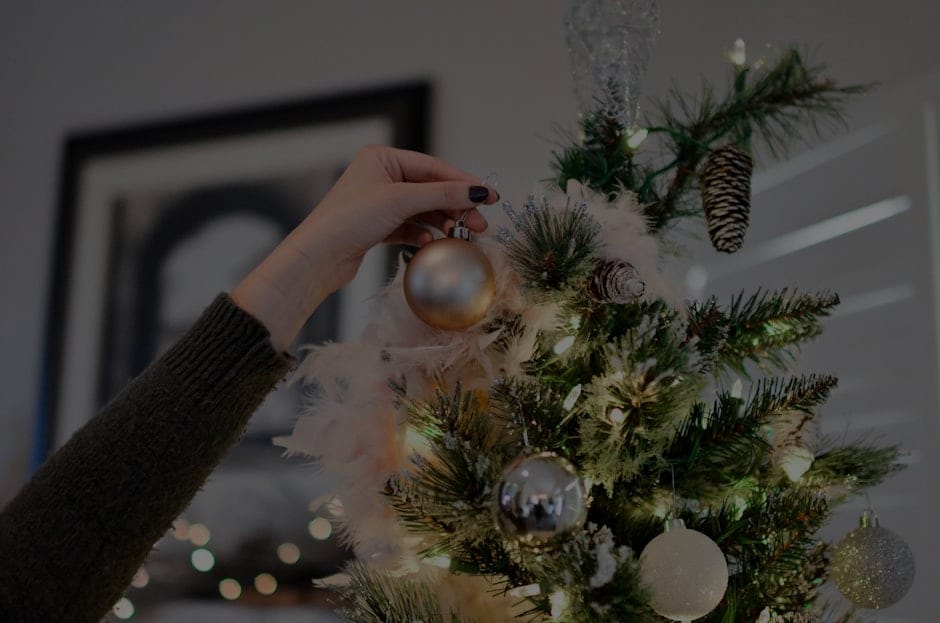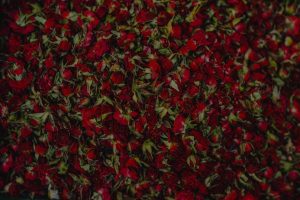**Title: Transform Your Space: Essential Feng Shui Ornaments to Avoid for Harmonious Living**
**Abstract:** Discover the key feng shui ornaments to avoid in your home decor. This guide reveals common pitfalls that can disrupt your space’s energy and harmony, ensuring a balanced living environment.
Understanding Feng Shui Principles
Feng shui is an ancient practice rooted in Chinese philosophy, emphasizing the flow of energy, or “qi,” within a space. The arrangement of objects, colors, and materials can significantly influence your well-being. By understanding these principles, you can create an environment that promotes positivity, health, and prosperity. However, not all ornaments enhance this energy. Some can inadvertently create obstacles, leading to disharmony in your home.
Common Feng Shui Mistakes in Home Decor
One of the most common mistakes is clutter. Clutter disrupts the flow of energy and can lead to feelings of stress and anxiety. It’s essential to keep spaces tidy and organized. Avoid decorative items that serve no purpose or are broken, as they can symbolize stagnation and negativity. Instead, focus on pieces that resonate with your personal energy and contribute positively to your environment.
Colors That Conflict with Energy Flow
Colors play a vital role in feng shui, impacting mood and energy. Bright, aggressive colors like bright red or neon shades can create tension and unease. Instead, opt for calming hues such as soft greens or blues that promote tranquility. Be mindful of how colors interact with your space and choose those that foster a peaceful atmosphere, enhancing your overall sense of well-being.
Ornaments with Sharp Edges and Points
Items with sharp edges or pointed shapes, like certain sculptures or furniture, can create what feng shui experts call “sha chi,” or negative energy. This energy can lead to feelings of discomfort or anxiety. Instead, select rounded or smooth-edged items that promote a sense of calm and safety. Soft shapes can help create a nurturing environment, conducive to relaxation and harmony.
Symbolism Matters: Avoiding Negative Associations
In feng shui, every item carries a specific meaning. For instance, images of solitary animals, like owls or wolves, may symbolize loneliness or isolation. Similarly, artwork depicting storms or chaos can evoke feelings of unrest. When choosing decor, opt for symbols that reflect abundance, love, and harmony. Consider pieces that depict families, nature, or serene landscapes to attract positive energy into your home.
Functionality vs. Aesthetics
While aesthetics are essential, functionality should never be overlooked. Decorative items that don’t serve a purpose can create a sense of imbalance. For example, if an ornament is merely for show and doesn’t resonate with your life, it may disrupt the energy flow. Choose items that not only enhance your decor but also serve a practical purpose, ensuring your space remains functional and harmonious.
Conclusion: Curating Your Space Mindfully
Incorporating feng shui into your home decor is about making mindful choices that enhance your living environment. By avoiding common pitfalls like clutter, negative symbolism, and disruptive colors, you can create a space that fosters peace and positivity. Remember, the goal is to cultivate an atmosphere that supports your well-being and aligns with your personal energy. Take the time to curate your space thoughtfully, and you’ll reap the benefits of a harmonious home.










